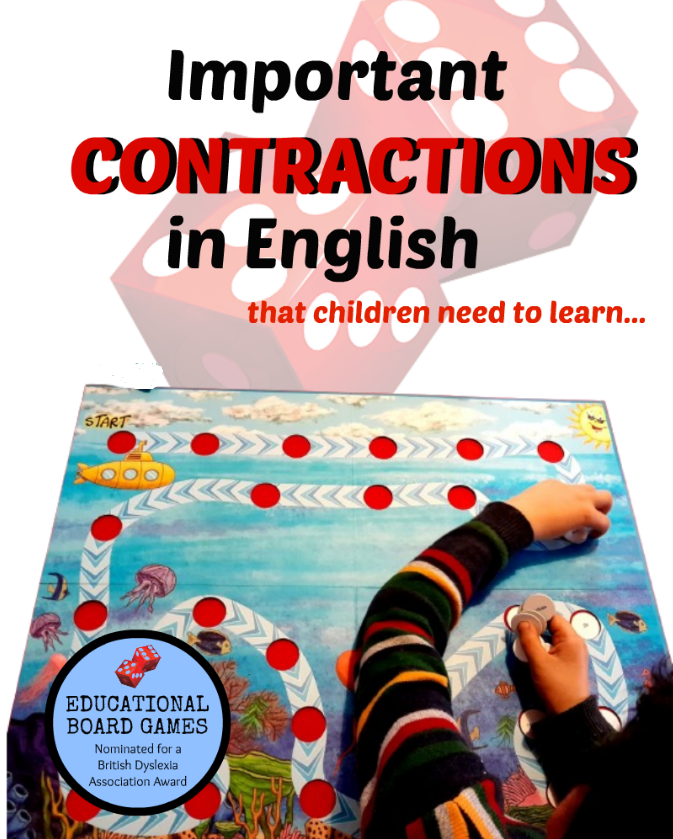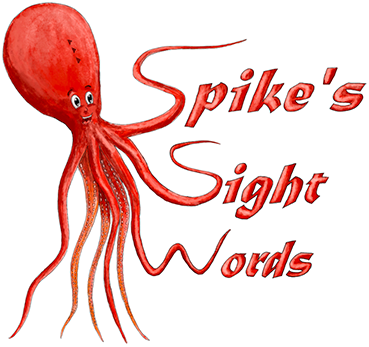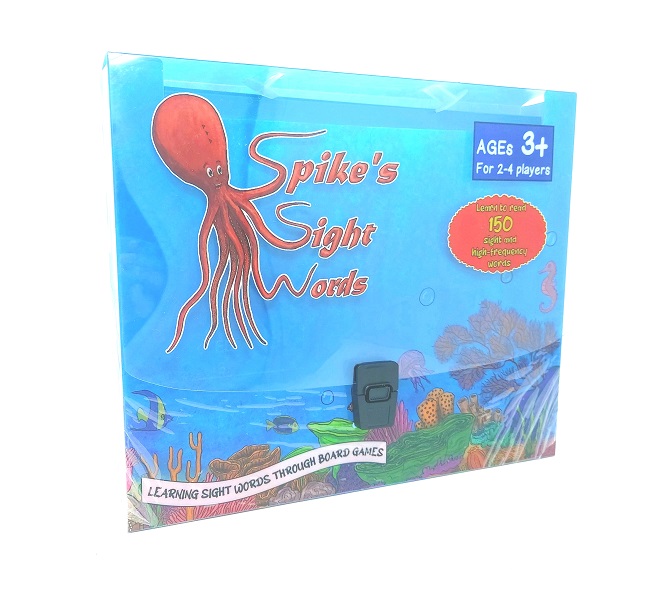
WHAT IS A CONTRACTION?
A contraction is a word or phrase that has been shortened by dropping one or more letters. In writing, an apostrophe is used to indicate the place of the missing letters. Contractions are commonly used in speech (or written dialogue), informal forms of writing, and where space is at a premium, such as in advertising.
In very formal writing, such as academic papers, grant proposals, or other works that need to appear professional, you may not want to use contractions at all.

Here’s a list of common contractions used in English:
Contracted form Uncontracted form
I’m I am
I’d I had, I would
I’ll I will
I’ve I have
you’re you are
you’d you had, would
you’ll you will
you’ve you have
he’s/she’s/it’s he/she/it is
he’ll/she’ll/it’ll he/she/it will (or shall)
he’d/she’d he/she had (or would)
we’re we are
we’ve we have
we’d we had (or would)
they’re they are
they’ll they will
they’ve they have
they’d they had (or would)
let’s let us
that’s that is
there’s there is
what’ll what will (or shall)
what’s what is
what’ve what have
who’re who are

Contracting ‘Not’
The contracted form of not (n’t) can be attached to finite forms of the helping verbs be, do, and have. However, amn’t (mainly Scottish and Irish) is extremely rare, unlike the disparaged ain’t.
The n’t form can also be attached to most of the modal auxiliaries such as can’t, couldn’t, mustn’t, shouldn’t, won’t, and wouldn’t. Yet, you won’t hear many Americans saying mayn’t or shan’t; even those contractions are too formal.
Negative contractions list
Negative contractions include the word “not” and negate the verb.
| isn’t | is not |
| aren’t | are not |
| weren’t | were not |
| wasn’t | was not |
| don’t | do not |
| doesn’t | does not |
| can’t | cannot |
| couldn’t | could not |
| haven’t | have not |
| hadn’t | had not |
| won’t | will not |
| wouldn’t | would not |
| mustn’t | must not |
| shouldn’t | should not |


